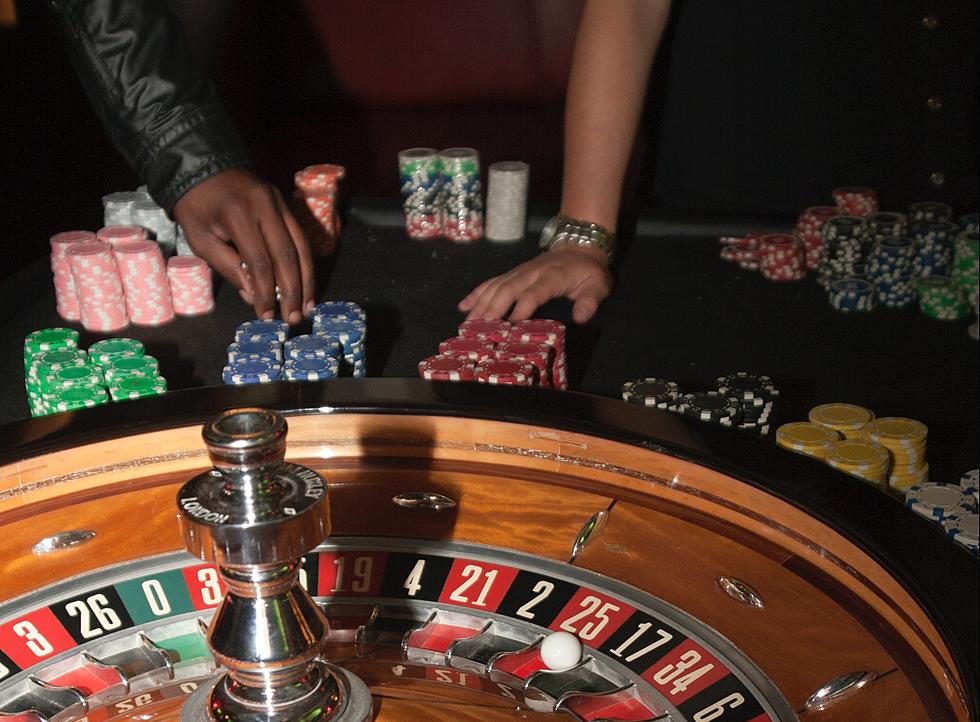
Gambling games have long captivated gamblers from all parts of society, drawing them into vibrant casinos filled with the sounds of spinning wheels, clattering chips, and cheering crowds. The thrill of chance and the allure of potential winnings create an exhilarating atmosphere that keeps players returning for more. Whether it is the excitement of a slot machine, the thoughtful play of poker, or the anticipation of a roulette wheel, casino games offer a distinct combination of entertainment and risk that can be hard to resist.
At the heart of this fascination lies a psychological pull that varies from person to person. For a few, the excitement of hitting a jackpot can elevate their mood, while for others, it’s a social experience that brings friends together. The colorful visuals, engaging sounds, and sometimes lavish environments of casinos greatly improve the appeal, making each visit an experience waiting to unfold. Ga179 As we delve into why gamblers are drawn to these games, we uncover the underlying motivations and emotions that fuel their love for the betting tables.
The Psychology of Gambling
The appeal of casino games frequently stems from the intricate psychology of gambling itself. Many individuals are attracted to the excitement of risking money for the chance of winning more, as it speaks to a deep-seated human desire for excitement and reward. This rush can create a powerful emotional experience. The combination of risk and potential monetary gain can stimulate a dopamine release, making players feel energized.
Furthermore, the design of casino games is designed to maintain players involved. The use of vibrant lights, captivating sounds, and the communal environment of casinos can enhance the excitement. Players typically find themselves engulfed in these environments, where the expectation of a win encourages them to return. This sensory overload encourages prolonged play, as the immediate feedback from wins, however minor, reinforces the desire to keep playing.
Finally, cognitive distortions play a significant role in gambling behavior. Many gamblers fall prey to the illusion of control, believing they have power over outcomes even in games of chance. This attitude can lead to overconfidence and the propensity to keep playing, despite accumulating losses. Additionally, gamblers often remember their wins more vividly than their losses, which can skew their understanding and intensify the desire to gamble more. This complex interplay between emotions and cognitive factors helps clarify why so many are attracted to casino games.
The Allure of Gambling Environments
The environment of a casino is distinctively enchanting, drawing in players with its mix of anticipation and eagerness. The visuals and noises of twirling slot machines, cheering players, and the repetitive clatter of cash create an engaging experience that is hard to resist. The vibrant illuminations and animated design foster a feeling of vitality that keeps players involved and invites them to remain longer. This captivating atmosphere contributes to the overall allure of gambling activities, enticing both new and veteran players alike.
Furthermore, gambling venues are engineered to arouse the sensory experience in a way that makes visitors feel as though they are starting on a exciting adventure. The strategic placement of gaming options, inviting chairs, and complimentary drinks enhance the overall experience, making players feel valued and pampered. Many gaming centers also incorporate themed decorations and intricate themes that take visitors to diverse worlds, amplifying the thrill. Such settings foster a notion of freedom, allowing bettors to disregard their everyday existences and dive into the thrilling realm of risk.
Ultimately, the presence of additional players amplifies the communal dimension of gaming, creating a shared thrill. Connections among players, whether through friendly chitchat or collective excitement during a big win, cultivate a notion of community that many find appealing. This communal engagement enhances the adventure of enjoying casino games, transforming it from a solitary pursuit into a joint experience. The mixture of excitement, captivating settings, and interpersonal bonds makes gambling establishments an compelling place for players seeking fun and a opportunity to gain.
Comprehending Casino Mechanics
Casino games are crafted with specific mechanics that attract players. All games has its specific set of rules, betting structures, and probability ratios, allowing players to engage with the game on various levels. The thrill of submitting a bet and the anticipation of the outcome creates an electric atmosphere. Understanding these mechanics can enhance a player’s appreciation for the game and improve their overall experience.
An additional crucial aspect of game mechanics is the idea of randomness. Many casino games, especially slot machines and table games, rely on RNGs or shuffling to determine outcomes. This randomness is what keeps players coming back; the unpredictable nature of the game creates a sense of possibility and excitement. Knowing that each round or deal is independent of the last adds to the appeal, as players believe they have a chance at winning, regardless of past outcomes.
Finally, the emotional response tied to game mechanics should not be neglected. The excitement of a large victory or the tension during pivotal moments are essential to the enjoyment of casino games. These emotional highs and lows exploit psychological triggers that keep players engaged for prolonged periods. Grasping these emotional responses to game mechanics can help explain why players are attracted to the thrill of casino games, constantly seeking that upcoming exhilarating moment.
